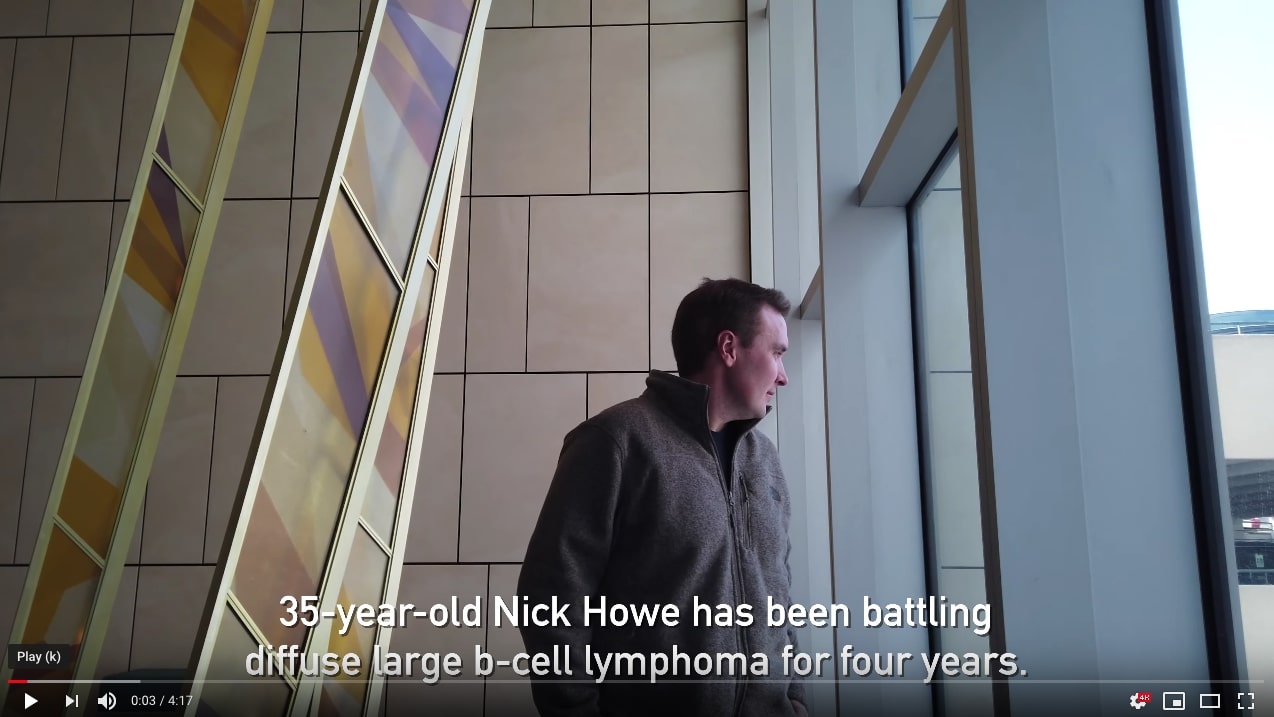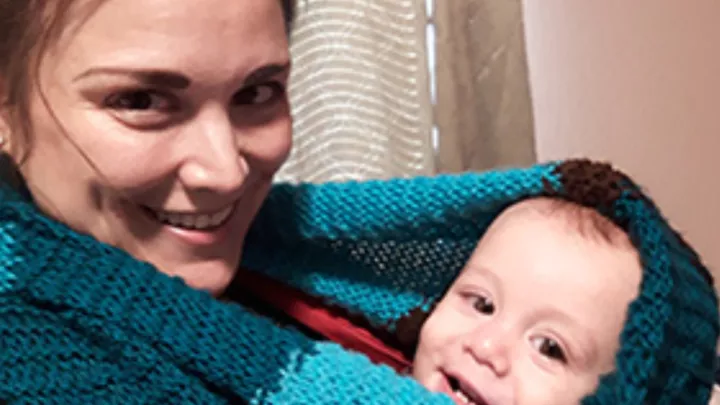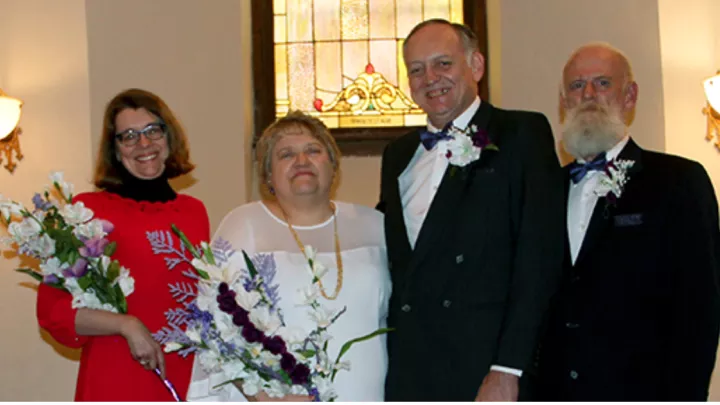Patient’s own cells engineered to wage war on cancer

After traditional therapies weren't effective, lymphoma patient Nick Howe was one of our first patients to take part in a clinical trial for CAR T-cell therapy. In this kind of treatment, a sample of Howe's T cells (which are part of the immune system) were taken from his blood, modified to fight his cancer and then reinfused into his body. He had clear scans just three weeks after his CAR T-cell treatment, which happened in 2017. Today, he awaits results to see if the therapy is still working two years later.
We had the rare privilege to accompany the Omaha firefighter and CAR T-cell therapy patient on his two year "restaging visit" – the monumental scan results day when he learned whether his body remained in remission from lymphoma or if his cancer had returned.
To find out if you are a candidate for CAR T-cell therapy, please call us at 402.559.5600 to schedule an appointment.
Howe admits to living in both anticipation and anxiety over follow up visits such as this one.
He recognizes how many people are in his shoes when it comes to battling this awful disease and wanted to be as open and transparent as possible with this shadowing experience.
Howe was diagnosed with lymphoma back in 2017. He initially went through several rounds of chemo, which seemed to kill the cancer. But then it returned.
He then endured a stem cell transplant which was also deemed successful in the immediate days following, but unfortunately, inevitably failed.
Doctors determined Howe would be a good candidate for CAR T-cell therapy. His own cells were genetically engineered to identify the cancer in his body and work together to destroy the disease.
After having waves of disappointment and fear repeatedly crash into him, finally the tides turned and Howe's scans revealed the CAR T-cell therapy worked to rid his body of cancer.
Nebraska Medical Center is the only place CAR T-cell therapy is available in Nebraska, and one of the few locations in the U.S. offering it.
Howe wants to thank the researchers, doctors, scientists and his entire care management team for helping him reach this day and beyond.
And we thank him for allowing us to document this very personal and momentous day.






